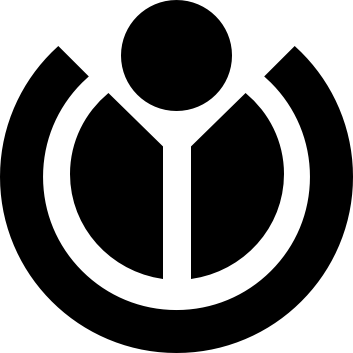
This post was written by Roberta Wedge, Gender Gap Project Worker
Ada Camp is a weekend-long event bringing together women in open technology and culture for mutual support. It was created by the Ada Initiative, which exists to support women in these fields.
I attended Ada Camp Berlin (of which Wikimedia UK was a sponsor) on October 10-12, along with Daria Cybulska (and Rebecca Kahn, who works alongside WMUK and in our office, on behalf of the Open Coalition). It was held in the offices of Wikimedia Deutschland, which seemed to create a positive impression on all the participants I spoke to. This was the first Ada Camp held outside the United States (aside from the very first one, in Melbourne), and the 57 participants were a very international group, many based in Germany or elsewhere in Europe, and many with ties of upbringing, education, and experience around the globe. Roughly half were “technical” (software designers, coders, analysts, etc.) but the rest were not, having found their ways to careers in open tech through other ways.
WMUK sponsored a welcome reception on Friday evening, which allowed the participants to begin to get to know each other. Some of them were already friends and colleagues; some others had met via the email exchanges and Twitter lists set up in the weeks before the event.
Ada Camp itself is structured as an unconference, which means that the content is partially decided by the participants themselves on Saturday morning. The sessions proposed were a mix of “I have experience with X and want to share” to “I know that X exists and want to learn more”, where X could range from a type of software to an instance of harassment or exclusion.
The whole-group activity on Saturday morning, about Imposter Syndrome (self-doubt in one’s professional role), allowed the organisers time to collate these disparate proposals into a programme.
The power of Ada Camp lies in the conversations it fosters. I attended sessions on the open source economy, being a non-techie in a technical field, Creative Commons, building safe spaces, and activism. I also found myself being asked to lead a Wikimedia session that was part editathon and part discussion of the gender gap. Ten women came to this; some had created accounts and edited years ago, but dropped it, for reasons in some cases eloquent and in others forgotten by the women themselves. Zara Rahman wrote later of why editing Hedy Lamarr’s biography earlier that year had turned her off Wikipedia; Ednah Kiome spoke about returning to editing after years away. One woman, a computational linguist, said that her job would not be possible, in a very literal sense, without Wikipedia. Some expressed surprise at how large the encyclopedia had grown since they last really looked at it, and at the number and scope of the other Wikimedia projects. Others were taken aback at how little had been written about the places they came from or the subjects they are interested in. We discussed systemic bias.
One of the insights I gained is that activism does not have to be about fighting and protesting, but it can also be about championing and evangelising. The developers have to do their behind-the-scenes work, but a project goes nowhere without the enthusiasts to go out and explain its potential and uses. This is as true of Wiki*edia as it is of Ada Camp.






